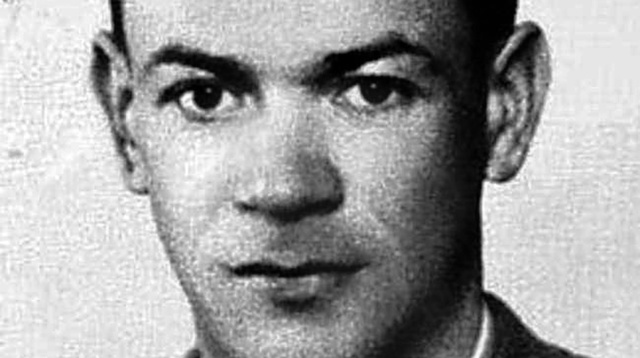A man living in Pennsylvania may face extradition, as he was previously a guard at the death camp in Auschwitz where he was allegedly complicit in carrying out the mistreatment and subsequent murder of Jewish prisoners. The man, Hans Breyer, is currently 89 years of age and faces well over one hundred charges of complicity regarding the more inhumane actions of the camp. He is defending himself against extradition with the claim that he had nothing to do with the death of prisoners.
These charges are being made at the behest of Germany, though the arrest was performed by the United States. Aside from the death camp at Auschwitz, he is also alleged to have worked at the camp in Buchenwald. The charges which potentially necessitate his extradition implicate him in the murders of over two hundred thousand Jewish prisoners. This number is based on the rate of survival believed to apply to prisoners transported to the camps by train. Not only has the Pennsylvania resident claimed he had nothing to do with the murders, but also that he joined the Nazis under duress.
This claim has been previously upheld in light of the fact that he joined the Nazis as a youth. While this previous ruling was made approximately twenty years ago, new evidence has surfaced that might support his extradition, as it his claims that his service was involuntary are now being called into question. According to this new evidence, he was present at Birkenau, which was a site used almost solely for the murder of Jewish prisoners.
He has claimed that he merely guarded the walls of the camp. Meanwhile, his lawyer is fighting his detainment with arguments that his client is not healthy enough to await his trial in a detainment facility. Not only does he still face extradition, but his lawyer’s arguments are being quelled by the fact that his client holds a driver’s license which has only recently been renewed. The former death camp guard has allegedly been through multiple strokes, but this has not influenced the court’s decision, The Telegraph reports.
While previous concerns revolved around whether or not to arrest or convict the guard in the first place, extradition is now the key issue on the table as the judge has decided to continue the arrestee’s detainment. He has pulled out every stop in the book to fight the court’s decision, arguing poor health, lack of involvement, complicity under duress, and a lack of understanding regarding his charges and the court proceedings. Since none of this has held any weight, he will likely still face extradition and will complete his conviction proceedings in Germany.
